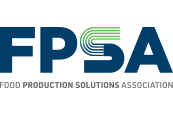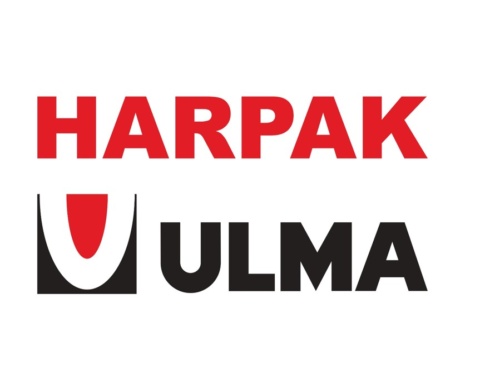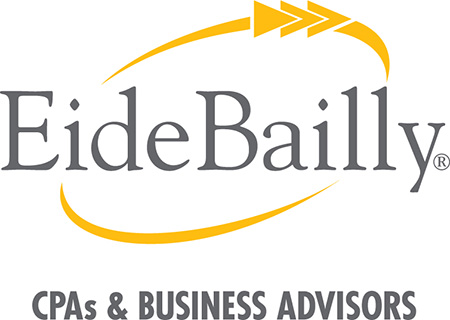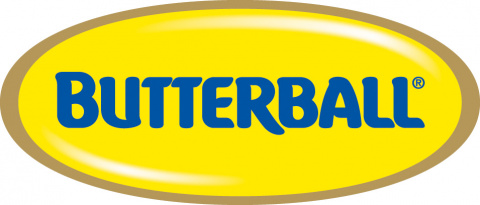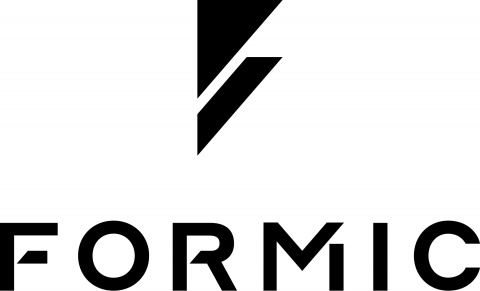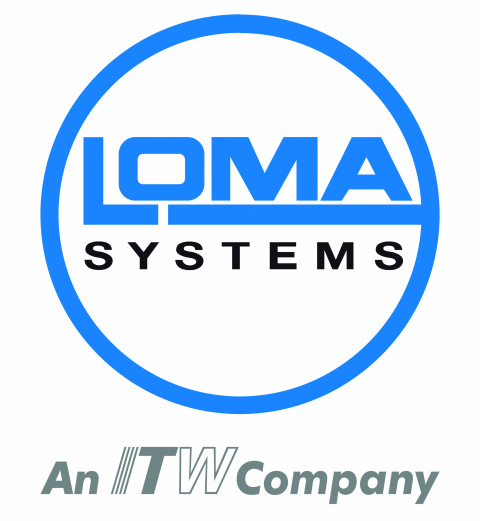

As Americans prepare to celebrate the nation’s 249th birthday this Fourth of July, millions will gather for cookouts, parades and fireworks. But with summer heat and outdoor meals comes a less festive risk: foodborne illness.
According to the USDA, the summer months see a spike in food poisoning cases, often linked to outdoor meals where temperature control and cross-contamination precautions are easily overlooked. With vulnerable guests like young children, elderly adults, and pregnant women often present, taking food safety seriously is as patriotic as flying the flag.
Tips for staying safe at your July 4th cookout
- Wash hands often and correctly: Wet, lather with soap, scrub for 20 seconds, rinse, and dry. If water is not available, use hand sanitizer.
- Use a food thermometer when cooking:
- Ground meats: 160 degrees F
- Poultry: 165 degrees F
- Steaks, roasts: 145 degrees F with a 3-minute rest
- Fish: 145 degrees F
- Egg dishes: 160 degrees F
- Separate raw and ready-to-eat foods: Use different plates, utensils, and coolers to prevent cross-contamination.
- Watch the heat: Foods spoil faster above 90 degrees F. Refrigerate or discard perishable items within one hour.
- Keep cold foods cold and hot foods hot: Cold food should be kept below 40 degrees F in coolers or on ice; hot food should be above 140 degrees F until served.
- Prevent cross-contamination: Shared bags of chips, fruit trays, and condiments can spread pathogens if guests don’t wash their hands.
- Keep kids safe: Ensure children wash hands after playing outside or swimming before eating.
One USDA study found 56 percent of consumers skip handwashing during meal prep, and 95 percent don’t wash properly when they do. Don’t let that be your party. Proper hygiene and temperature checks can prevent a fun day from ending in a trip to the ER.
High-risk holiday foods
Some traditional July 4th fare carries more risk than others:
- Unpasteurized milk and juices: These products can harbor harmful bacteria like E. coli, Salmonella and Listeria.
- Raw sprouts: Grown in moist conditions perfect for bacteria, they’ve been linked to multiple outbreaks.
- Precut fruits and vegetables: Skip the convenience and cut them yourself to avoid contamination.
- Undercooked eggs and meat: Raw eggs used in dishes like homemade ice cream or undercooked burgers pose a risk.
- Raw shellfish: Rising water temperatures have increased microbial contamination in oysters and other shellfish.
- Unfiltered natural water: Lakes, streams, and ponds may contain bacteria or parasites like Giardia.
- Raw flour: Can contain E. coli. Avoid uncooked dough and baked goods made without heat-treated flour.
(To sign up for a free subscription to Food Safety News, click here.)
